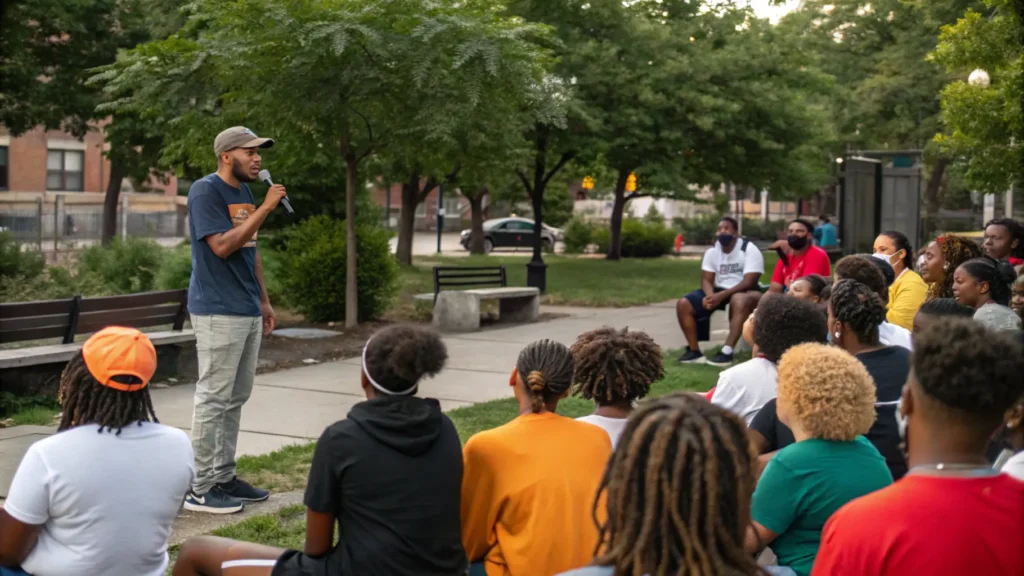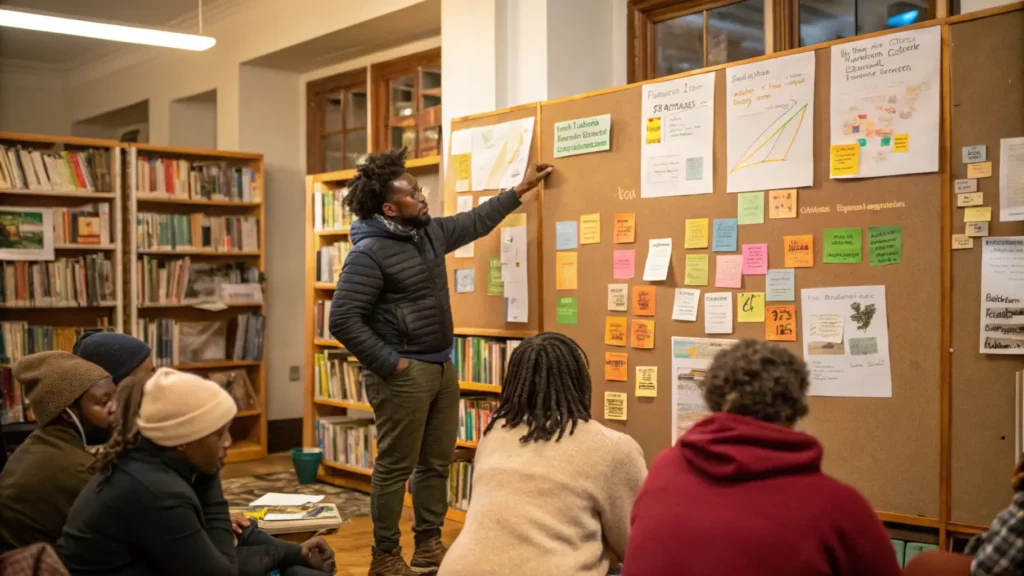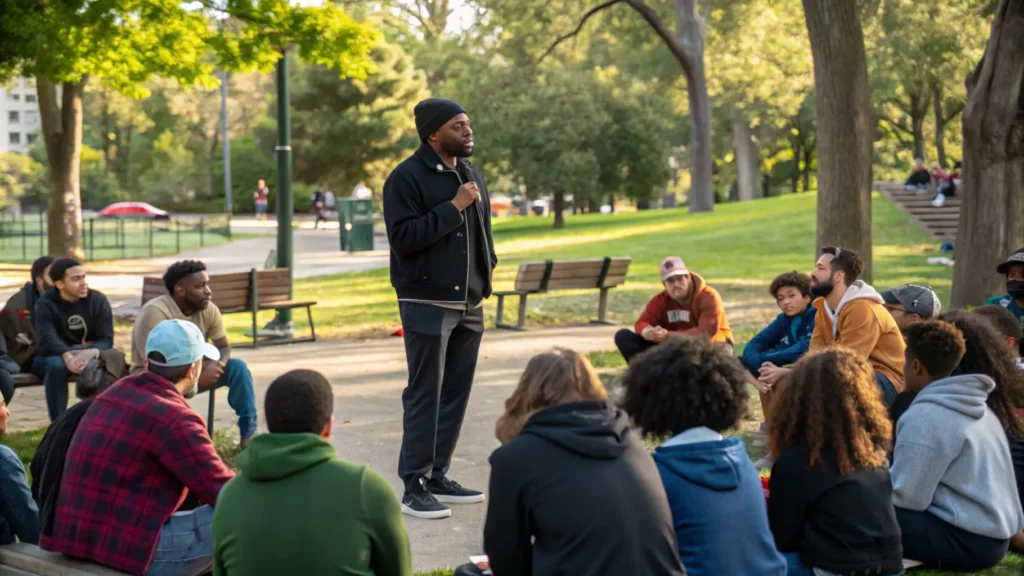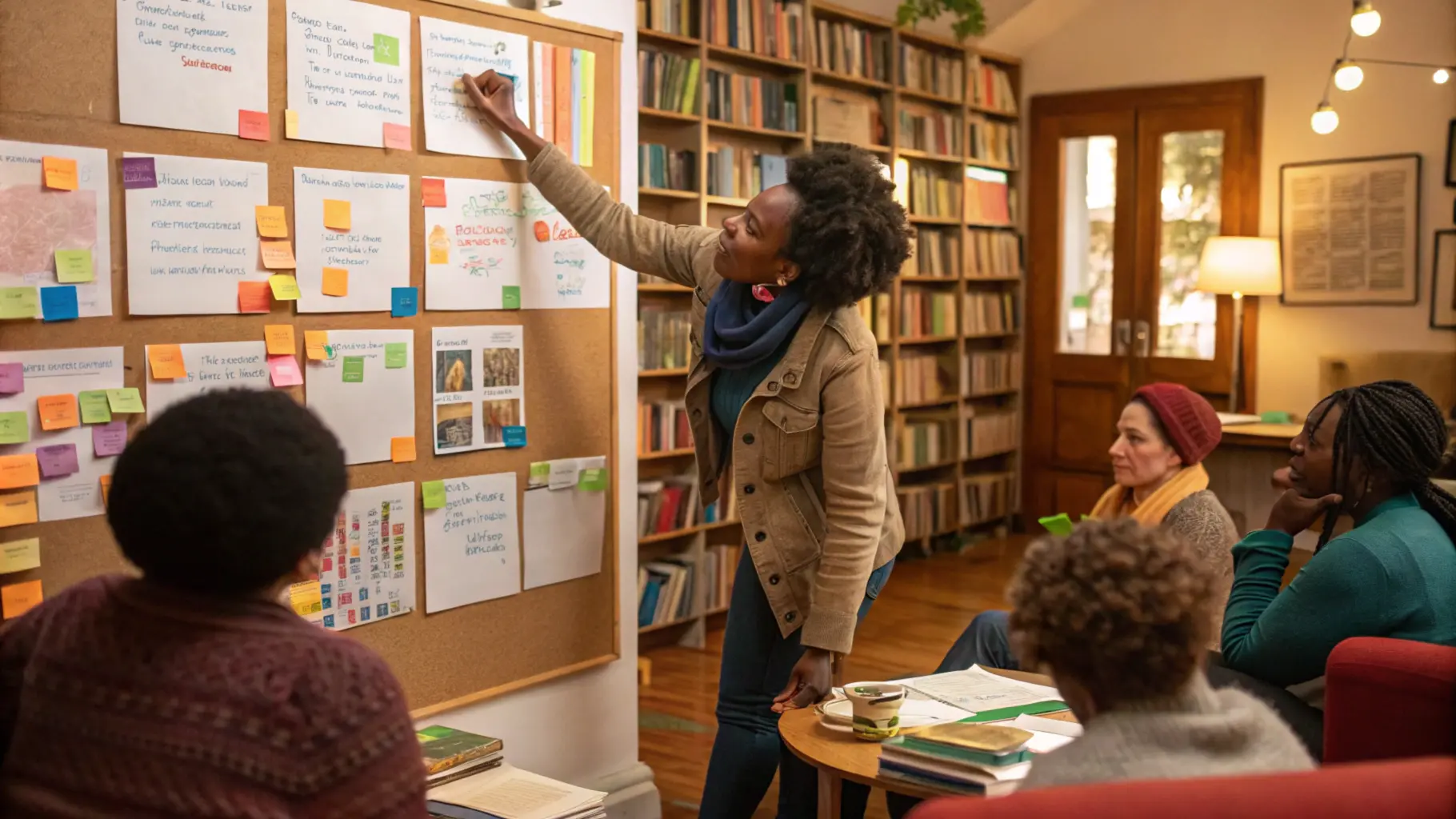How to Start A Non-Profit: First Ask, Is This the Best Way to Create Social Change?
Non-profit organizations start because someone cares enough about a problem to do something about it. You likely are one of those people. You may have stumbled across this article because you found an unaddressed need and are considering starting one yourself. Getting involved is the first and most crucial step in changing a challenging situation. People who care enough about a problem to do something are the ones who lead change.
Non-profits play a significant role in solving social problems by offering crisis relief, building communities, and filling gaps in the social safety net. They play a powerful role in the United States, creating infrastructure for collective action, support, and problem-solving. Charitable and social welfare organizations are part of an ecosystem that acts as a barrier against the impact of unchecked capitalism. Even though the non-profit structure receives its share of criticism, society needs them.
However, before you start one yourself, it is important to ask—does my community need another 501c3? In 2023, the IRS recorded over 1.58 million religious, charitable, and social welfare organizations. That figure excludes the additional 400,000 other types of 501c organizations, all serving a social purpose. Building a successful new non-profit means understanding you are starting a new organization. A new non-profit requires any start-up’s discipline and dedication to be long-term sustainable.

If your primary goal is to effect change, consider these questions first:
Awareness

The first three questions require a clear understanding of the ecosystem. Knowing what is already being done is important if you are in the idea phase. Skipping this step may create tension with people who are already experts in this area.
- Who else is working on this issue? Identify other organizations, people, and solutions around the issue. The network of relationships will either be alternatives for you to engage with immediately or critical support to your long-term success.
- How is my solution different than the ones already being offered? Determine whether your solution is unique or whether you are increasing competition for funding resources or replicating existing solutions.
- Do I have relationships with people impacted by this issue? You might be directly impacted by the issue you want to address. If you are new to a problem or are currently working solo, it is critical to have a broader perspective. Diverse perspectives provide insight.
Relationship

The following three questions speak to your ability to mobilize or leverage within existing institutions. Creating change does not have to mean starting something new.
- Do I influence a local business, government, or fiscally healthy institution? If the answer is yes, there might be an alternative solution within the institutions where you are already connected. There may even be potential for innovation inside these places.
- Can I volunteer or serve on a Board of Directors around this issue? Before committing to starting up a new organization, it is wise to determine whether you can support an existing organization that needs more resources and expertise. You may be able to engage more effectively through service to an established non-profit.
- Do I have a community of people that can be turned into a task force? If you are good at organizing people and events, you may be able to bring together a short-term group that tackles an issue informally. Connecting people can go a long way to setting the foundation for change.
Resources

The final two questions encourage thoughtfulness around the practical implications of forming an organization. Good governance and clear strategy set the stage for long-term success.
- Do I have the time to dedicate to this issue over the long term? Obtaining tax-exempt status can take up to a year. Even after that, many funders want to see two years of history before considering funding you independently. Starting an organization should not be a short-term project.
- Is there a clear early funding source? Financial resources will be necessary. Unless you are independently wealthy, exploring how you will sustain yourself and the services you intend to provide from the beginning is essential.
Asking these questions will ensure you take a long-term, thoughtful, and sustainable approach to organizational development! You may find a lack of an established solution, and you might be the one to fill the gap. Getting to the end of these questions means you have done good due diligence.
Profound Hope Industries helps organizations create social change. Contact us to discuss building a solid social change strategy.







